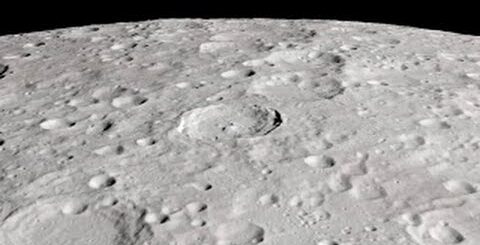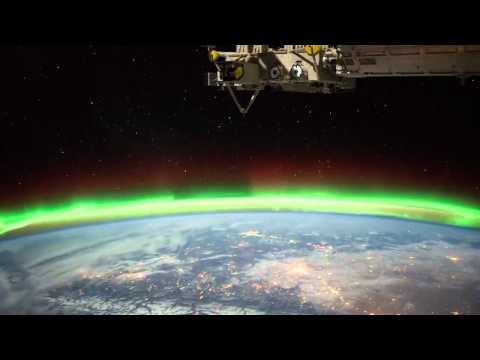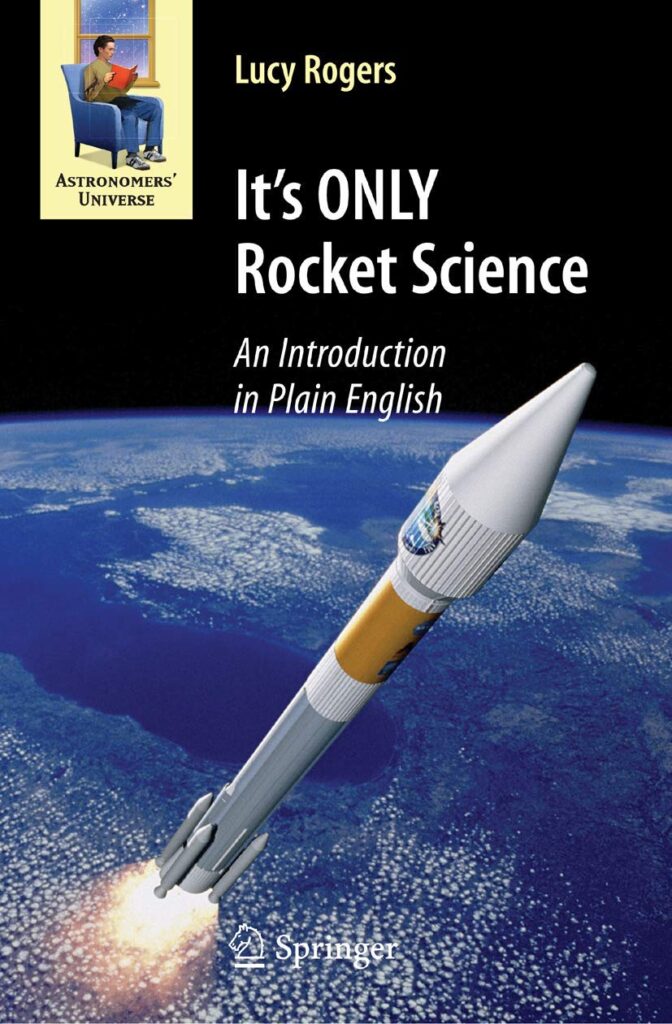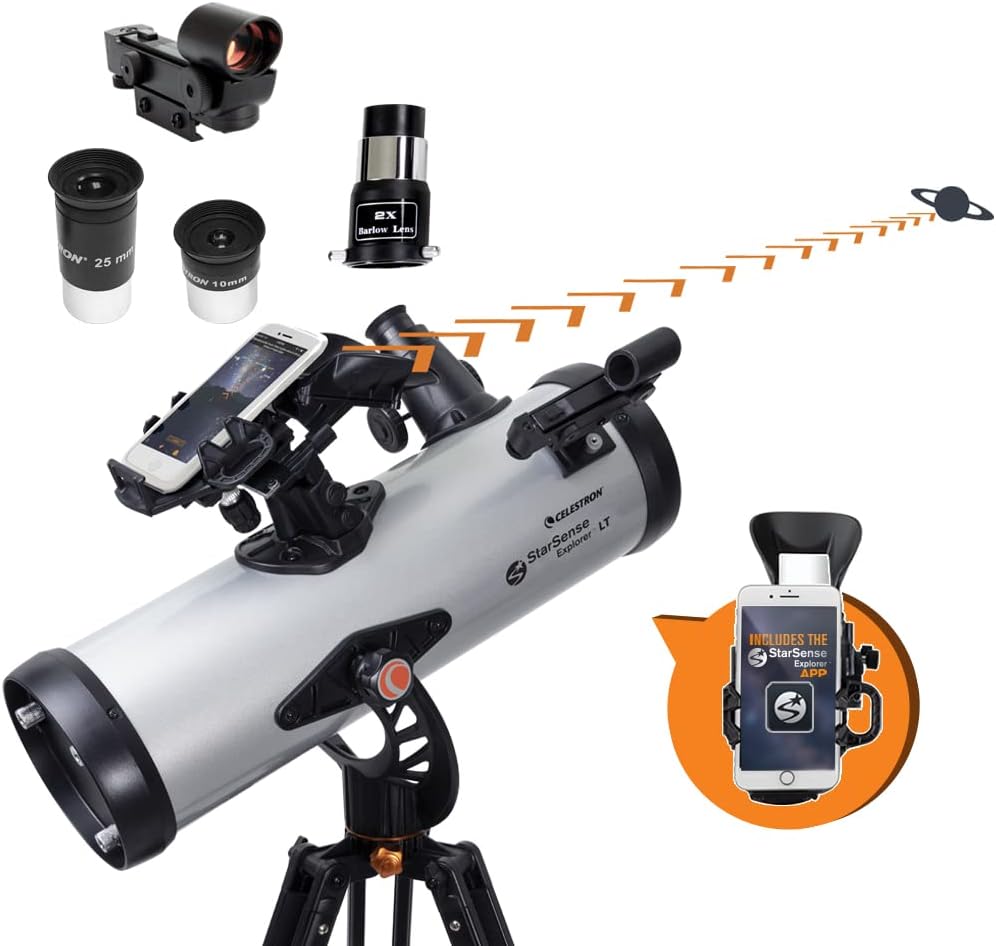Revolutionizing Space Exploration: The Latest Technological Advances
Space exploration has always been a fascinating and exciting field of study, with countless opportunities for discovery and innovation. Over the years, technological advances have revolutionized the way we explore and understand the universe, opening up new possibilities and pushing the boundaries of what is possible.
One of the most significant recent developments in space exploration is the advent of reusable rockets. SpaceX, founded by entrepreneur Elon Musk, has been at the forefront of this technology, successfully landing and reusing rockets multiple times. This breakthrough has drastically reduced the cost of launching payloads into space, making it more accessible and affordable for both government agencies and private companies.
Another major technological advance in space exploration is the use of artificial intelligence (AI) and machine learning. These technologies have enabled spacecraft to make autonomous decisions and navigate complex environments without human intervention. For example, NASA’s Mars rovers, Curiosity and Perseverance, are equipped with AI systems that allow them to analyze data and make decisions in real-time, enhancing their ability to explore the Red Planet.
Furthermore, advancements in propulsion systems have also revolutionized space exploration. Ion propulsion, for example, uses electric fields to accelerate charged particles and provide thrust for spacecraft. This technology is much more efficient than traditional chemical propulsion systems, allowing spacecraft to travel farther and faster with less fuel.
In addition to these technological advances, the development of new materials has also played a crucial role in revolutionizing space exploration. Lightweight and durable materials such as carbon composites and 3D-printed components have enabled spacecraft to be lighter, more efficient, and more resilient to the harsh conditions of space.
Furthermore, advancements in communication technologies have greatly improved our ability to communicate with spacecraft in deep space. High-speed data transmission capabilities and advanced antennas have allowed for real-time communication with distant probes and rovers, enabling scientists to receive data and images from the far reaches of the solar system.
Overall, the latest technological advances in space exploration have opened up a world of possibilities and opportunities for scientists, researchers, and explorers. From reusable rockets to artificial intelligence and advanced propulsion systems, these innovations are revolutionizing the way we explore and understand the universe, paving the way for exciting new discoveries and breakthroughs in the field of space exploration.













